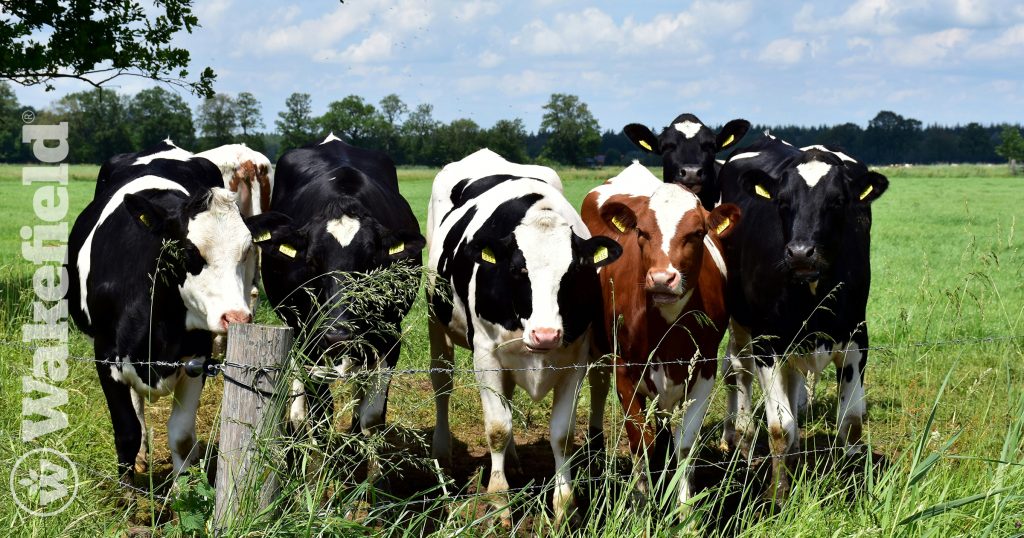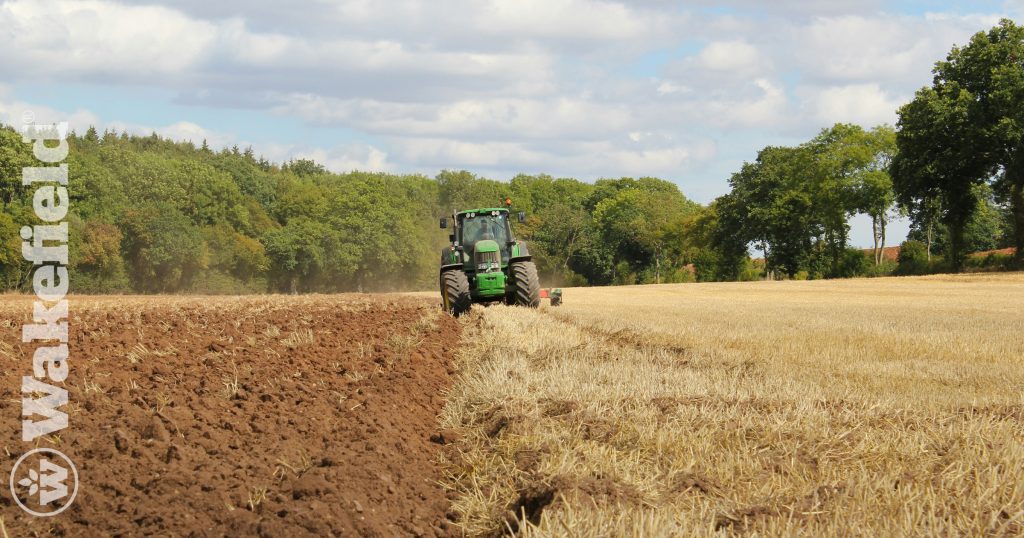Benefits of Biochar In Agriculture

Boosting Soil Health and Crop Yields with Biochar
Biochar, a special type of charcoal used in soil, is great for agriculture. It makes the soil structure better, helping roots grow and reach nutrients. Plus, it keeps the soil moist, so you don’t need to water as often. Healthier soil means plants get more nutrients, leading to better crop yields. This is fantastic news for farmers wanting to increase their harvests.
Helping Farmers Fight Climate Change and Support Microbial Life
Biochar helps farmers fight climate change. When added to soil, it traps carbon, keeping it out of the atmosphere. This reduces greenhouse gases and helps the planet. Biochar also creates a good environment for helpful soil microbes. These tiny organisms break down organic matter and release nutrients for plants, making the soil ecosystem vibrant and productive. This means stronger, healthier crops for farmers.
Improving Nutrient Retention and Balancing Soil pH for Better Farming
Biochar holds onto nutrients in the soil, making fertilizers more effective and less likely to wash away. This prevents water pollution and gives plants a steady supply of nutrients, promoting continuous growth. In some cases, biochar can balance soil pH levels. Many crops prefer slightly acidic to neutral soils, and biochar can adjust overly acidic or alkaline soils. This helps plants absorb nutrients better, leading to healthier growth and higher yields for farmers.
Promoting Sustainable Agriculture for a Brighter Future
Biochar supports sustainable farming practices, which are essential for the future of agriculture. It improves soil quality and reduces the need for chemical fertilizers and water, promoting more eco-friendly farming. Farmers can produce more with fewer resources, ensuring long-term productivity and environmental health. Biochar is a game-changer, offering immediate and long-term benefits. With biochar, farmers can embrace sustainable practices that protect the environment while maximizing their yields and securing their livelihoods.







